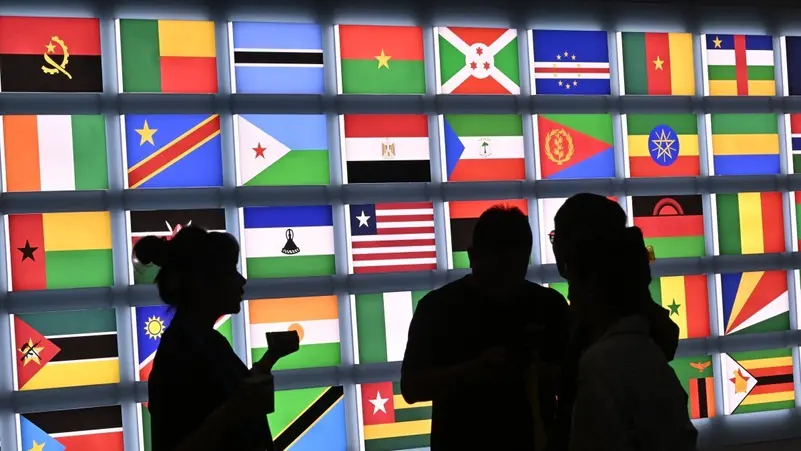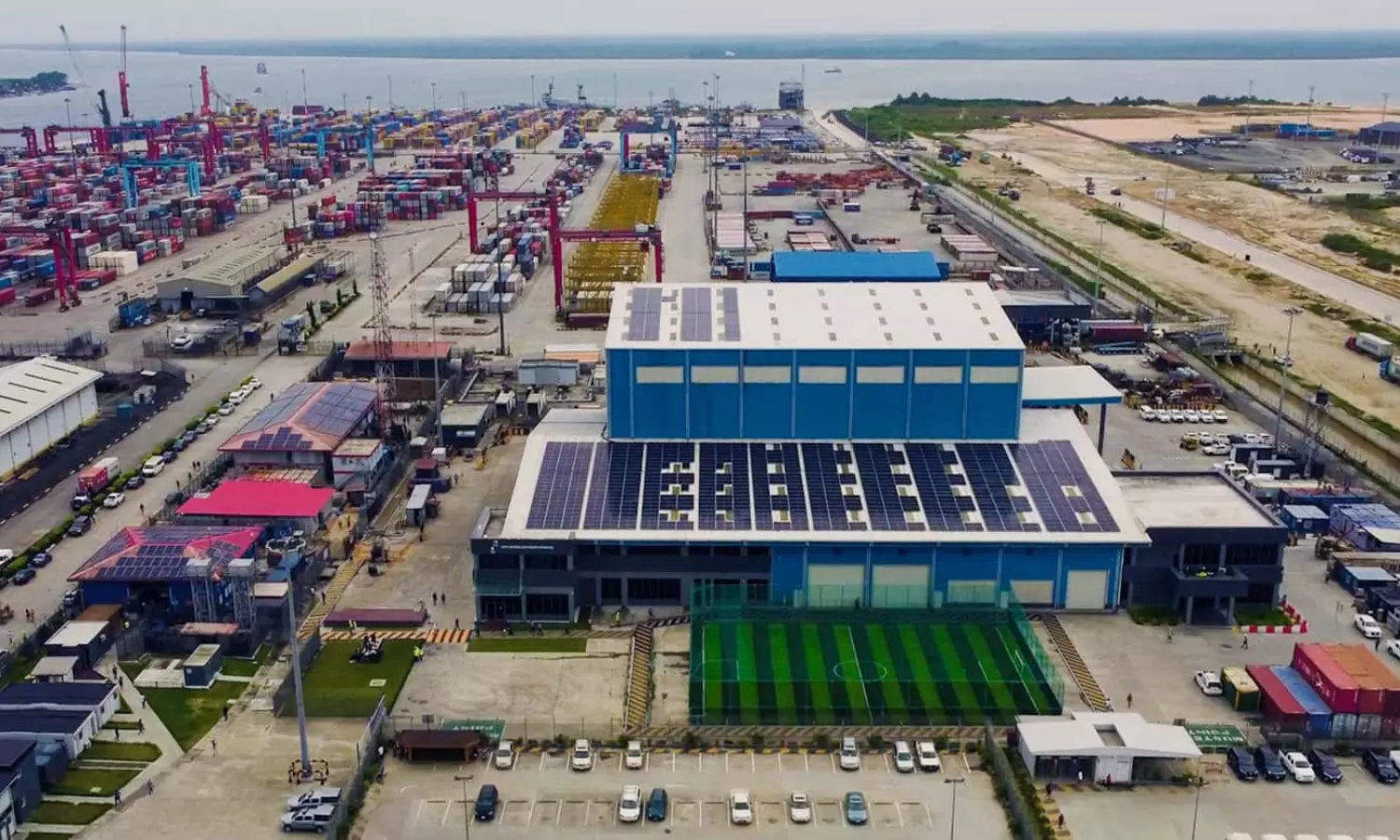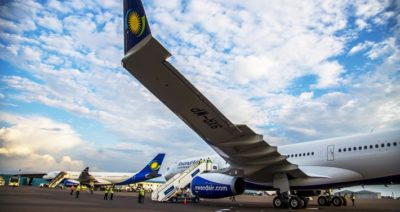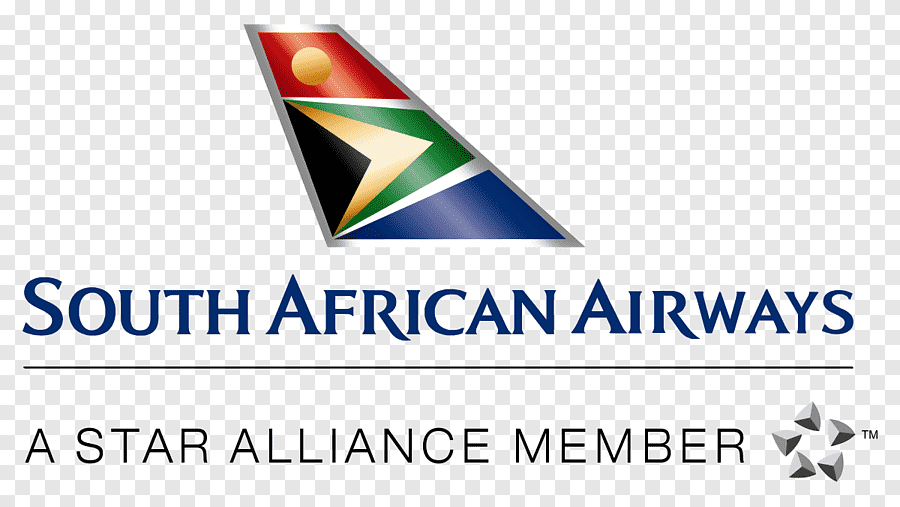Logistic

IATA Urges African States to Unlock Aviation’s Full Growth Potential
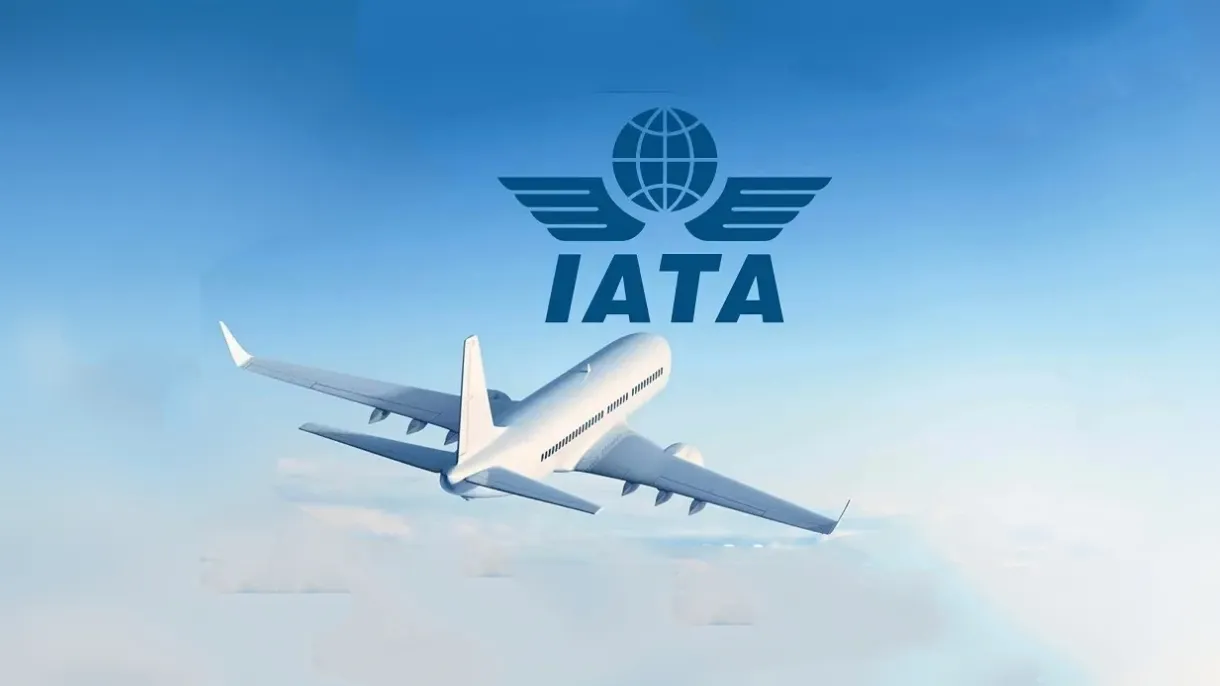
The International Air Transport Association (IATA), the global trade association for the world’s airlines, has issued a powerful call to action for African governments: prioritize aviation as a fundamental engine for economic expansion, robust job creation, and transformative social progress across the continent. This urgent appeal underscores the sector’s immense, yet often untapped, potential to drive sustainable development in Africa.
According to IATA, realizing this vision requires concentrated and decisive efforts across three critical areas: significantly enhancing safety performance, systematically lowering the high operational costs that burden airlines, and, perhaps most crucially, definitively resolving the escalating crisis of blocked airline funds that is currently stifling connectivity.
Somas Appavou, IATA’s Regional Director for External Affairs in Africa, highlighted the sector’s already substantial contribution to the continent. “Aviation currently contributes an impressive $75 billion to Africa’s GDP and directly supports 8.1 million jobs across various related industries,” Appavou noted. He further emphasized that the projected future growth of African aviation, an impressive 4.1% annually over the next two decades, is entirely contingent on proactive and sustained government support. “As governments prioritize how to deliver their agendas with limited resources, it is critical to recognize that supporting aviation underpins jobs, trade, and tourism – essential pillars for national development,” Appavou stated. IATA has outlined these three urgent priorities as a blueprint for African states to strengthen aviation’s contribution and unleash its full potential.
Pillar 1: Elevating Safety Performance – A Non-Negotiable Foundation
Safety is the bedrock of aviation. While Africa has made commendable strides in improving its aviation safety record over the past decade, IATA stresses that continuous and intensified efforts are paramount. The goal is not merely to improve but to align fully with global best practices and exceed international benchmarks.
The Current Safety Landscape in Africa
IATA data reveals a persistent gap in the effective implementation rate of ICAO Standards and Recommended Practices (SARPS) across the continent. Among the 46 Sub-Saharan African states, the average implementation rate stands at 59.49%. This figure, while showing progress, still lags significantly behind the global average of 69.16% and falls short of the aspirational target of 75%. SARPS are the fundamental technical specifications and operational procedures developed by the International Civil Aviation Organization (ICAO), a specialized agency of the United Nations, to ensure the safety, security, efficiency, and environmental protection of international civil aviation. Consistent and effective implementation of these standards is crucial for building a robust safety culture and minimizing risks.
A concerning trend highlighted by IATA is the prevalence of runway excursions, which were the most common accident type in Africa during 2024. A runway excursion occurs when an aircraft departs the side or end of a runway during takeoff or landing. These incidents, while not always catastrophic, can lead to significant damage, injuries, and operational disruptions. They often point to underlying issues related to runway conditions, air traffic control procedures, pilot training, or maintenance.
Recommendations for Enhanced Safety
To address these challenges, IATA urges renewed efforts, focusing on several key areas:
- ICAO Runway Safety Team Missions: These missions provide expert guidance and support to states in identifying and mitigating runway-related risks. Active participation and implementation of their recommendations are vital.
- Adherence to ICAO Annex 13: This annex specifically deals with aircraft accident and incident investigation. IATA noted a worrying statistic: only eight final reports were published for 42 accidents occurring between 2018 and 2023 in Africa. Timely and thorough accident reporting and investigation are critical for learning from incidents, identifying root causes, and implementing preventative measures. Without comprehensive reports, the industry loses valuable opportunities to enhance safety protocols.
- Promotion of Safety Programs: IATA actively promotes the adoption and rigorous implementation of its own safety programs:
-
- IATA Operational Safety Audit (IOSA): This is an internationally recognized and accepted evaluation system designed to assess the operational management and control systems of an airline. Airlines that undergo IOSA audits demonstrate a commitment to global safety standards, which can also enhance their reputation and attract more passengers and partners.
- IATA Standard Safety Assessment (ISSA): ISSA is a voluntary safety audit program designed for smaller airlines that do not qualify for IOSA due to their operational model. It helps these airlines establish and maintain a robust safety management system, contributing to overall regional safety improvements.
Improving safety performance is not just about compliance; it’s about building trust and confidence. A strong safety record directly impacts passenger willingness to fly, airlines’ ability to secure insurance, and the overall attractiveness of African destinations for tourism and business. It is the fundamental prerequisite for unlocking the continent’s full aviation potential.
Pillar 2: Reducing the High Cost Burden – Fueling Demand and Investment
African aviation faces some of the highest operational costs globally, a significant impediment to growth and affordability. These elevated costs directly impact airline profitability, passenger fares, and ultimately, the demand for air travel.
The Burden of Taxes and Charges
IATA highlights that taxes and charges on air travel in Africa are an astonishing 15% above the global average. This excessive taxation often takes various forms, including:
- Airport Taxes: Levies imposed on passengers for using airport facilities.
- Air Navigation Charges: Fees for air traffic control and navigation services.
- Fuel Taxes: Additional duties on aviation fuel, which is already a major operational expense.
- Visa Fees: While not a direct aviation tax, high visa fees for travelers can significantly deter tourism and business travel, indirectly impacting airline demand.
- Tourist Levies: Some countries impose additional taxes on tourists, which add to the overall cost of travel.
IATA’s stance is unequivocal: “Excessive taxation destroys demand, hindering the very economic and social development aviation stimulates.” High ticket prices, driven by these charges, make air travel less accessible for both local populations and international visitors, thereby suppressing passenger volumes and limiting the ability of airlines to expand their networks. This creates a vicious cycle where high costs lead to lower demand, which in turn makes it harder for airlines to achieve economies of scale and offer more competitive fares.
Ensuring Cost-Efficient Infrastructure Development
When charges are levied to fund infrastructure development, IATA stresses the critical need for close industry-government coordination. This collaboration is essential to ensure that:
- Projects are Cost-Efficient: Infrastructure projects, such as new airports or runway expansions, must be designed and executed with cost-effectiveness in mind, avoiding unnecessary expenditures that inflate charges.
- Scalable: New infrastructure should be designed to accommodate future growth, allowing for increased capacity without disproportionate cost increases.
- Growth-Supporting: Investments must directly support the growth of aviation, rather than becoming a burden. This means prioritizing projects that enhance operational efficiency, reduce turnaround times, and improve connectivity.
A lack of transparency in how these charges are determined and utilized often leads to distrust between airlines and governments. Airlines frequently argue that they are being forced to subsidize inefficient airport operations or unrelated government projects through exorbitant fees. This lack of clear justification for high charges discourages investment and makes it difficult for airlines to plan long-term growth strategies in African markets.
Pillar 3: Resolving Blocked Funds – A Crisis of Connectivity
Perhaps the most immediate and crippling challenge facing airlines operating in Africa is the pervasive issue of blocked funds. This crisis directly threatens air connectivity, which is vital for trade, tourism, and humanitarian efforts.
The Scale of the Problem
African governments currently prevent airlines from repatriating an astounding $1 billion in revenues. This represents a staggering 73% of the global total of blocked funds, making Africa the epicenter of this financial impediment. The issue affects airlines operating in 26 countries across the continent, creating severe liquidity challenges for carriers.
Blocked funds occur when airlines sell tickets and services in a local currency, but the government or central bank of that country restricts their ability to convert and transfer these revenues back to their home countries or operational hubs in hard currency (e.g., US dollars, Euros). This contravenes fundamental international principles and agreements, including:
- International Treaties: Notably, the Chicago Convention on International Civil Aviation (1944) establishes the framework for international air transport, including provisions related to financial transfers.
- Bilateral Air Service Agreements (BASAs): These agreements, signed between two countries, typically include clauses guaranteeing the free convertibility and repatriation of airline revenues. When funds are blocked, these agreements are violated.
Consequences of Blocked Funds
The consequences of blocked funds are severe and far-reaching:
- Reduced or Suspended Services: Airlines, unable to access their earnings, face cash flow crises. They cannot pay for fuel, maintenance, spare parts, or salaries in hard currency. As a direct result, they are often forced to reduce flight frequencies, use smaller aircraft, or in severe cases, suspend services to affected countries entirely. This directly impacts connectivity, making it harder and more expensive for people and goods to move.
- Economic Impact: Reduced connectivity hits tourism, foreign direct investment, and trade. Businesses struggle to transport goods and personnel, and tourists find it harder to access destinations. This creates a ripple effect, hurting local economies that rely on aviation for jobs and revenue.
- Higher Fares: When airlines do operate in markets with blocked funds, they often factor in the risk of non-repatriation by charging higher fares or implementing surcharges, further increasing the cost burden on passengers and businesses.
- Reputational Damage: The issue damages the reputation of the affected countries as reliable business partners, deterring future foreign investment across all sectors, not just aviation.
IATA insists that governments must fulfill their international obligations and immediately remove these repatriation barriers. Resolving this crisis is not just an airline issue; it is a critical step to unlock aviation’s broader economic and social benefits for the continent. Dialogue and concrete payment plans are essential to clear the backlog and prevent future accumulations.
IATA’s Focus Africa Initiative: Turning Potential into Prosperity
To drive tangible improvements across these critical areas, IATA launched its comprehensive Focus Africa initiative in 2023. This program is designed to be a collaborative effort, bringing together airlines, governments, regulators, and other stakeholders to implement a shared strategy for aviation growth on the continent.
Core Objectives of Focus Africa
Focus Africa is built on several pillars, directly addressing the challenges outlined by Appavou:
- Enhanced Safety: Working with states to improve SARPS implementation, promote safety management systems, and ensure timely accident investigations.
- Reduced Costs: Advocating for fair and transparent taxation, efficient infrastructure development, and competitive operating environments.
- Unblocking Funds: Engaging with governments to release trapped revenues and establish mechanisms to prevent future accumulations.
- Infrastructure Development: Supporting the development of modern, efficient, and sustainable aviation infrastructure.
- Human Capital Development: Promoting training and skill development to build a robust and qualified aviation workforce.
- Liberalization: Advocating for the full implementation of the Single African Air Transport Market (SAATM), which aims to liberalize air transport services in Africa, allowing airlines to operate freely across borders without restrictions. SAATM, launched in 2018, is a flagship project of the African Union’s Agenda 2063, designed to create a single, unified air transport market in Africa. Its full implementation would significantly boost connectivity, reduce fares, and stimulate economic growth.
Appavou’s statement, “Aviation is not a luxury. It is an economic and social lifeline. Focus Africa is about turning potential into jobs, growth and prosperity,” encapsulates the initiative’s overarching philosophy. It emphasizes that aviation is a critical enabler of trade, tourism, and social connectivity, directly contributing to national development agendas.
Environmental Sustainability: Africa’s Role in Global Aviation Emissions
Beyond operational and financial challenges, IATA also urged African states to fully support global efforts towards environmental sustainability in aviation, particularly the Carbon Offsetting and Reduction Scheme for International Aviation (CORSIA).
Understanding CORSIA
CORSIA is the world’s first global market-based measure designed to address CO2 emissions from international aviation. Developed by ICAO, it aims to stabilize net CO2 emissions from international aviation at 2020 levels. Airlines are required to offset any emissions above this baseline by purchasing eligible emissions units from certified projects that reduce greenhouse gases elsewhere.
Why Global Harmonization Matters
IATA strongly warns against the implementation of fragmented national or regional taxes on aviation emissions. While seemingly well-intentioned, such unilateral measures can undermine CORSIA’s effectiveness by:
- Creatg Mainrket Distortion: Different taxes across various countries create an uneven playing field for airlines, complicating operations and increasing administrative burdens.
- Double Counting: Airlines could be subjected to both CORSIA offsetting requirements and local taxes for the same emissions, leading to unfair cost burdens.
- Reduced Effectiveness: Fragmented approaches make it harder to achieve the global emissions reduction goals that CORSIA is designed for.
Instead, IATA advocates for a globally harmonized approach, with CORSIA as the primary mechanism. The organization highlights that making eligible emissions units available is a priority that could generate significant climate investment revenue for Africa. African countries, with their vast potential for renewable energy projects and nature-based solutions, could become major suppliers of these units, attracting foreign investment into climate-friendly initiatives.
Currently, 20 African states are participating in CORSIA among 129 globally. Increasing participation and ensuring consistent implementation are crucial for Africa to be part of the global solution to aviation emissions, while also leveraging climate finance opportunities. This is particularly relevant given Africa’s vulnerability to the impacts of climate change, making sustainable development in all sectors, including aviation, a pressing imperative.
The Broader Vision: Africa’s Aviation Potential
Africa’s aviation sector is poised for exponential growth. The continent’s burgeoning population, rising middle class, increasing urbanization, and growing intra-African trade all point to a significant increase in demand for air travel. However, unlocking this potential requires a concerted effort from all stakeholders.
Infrastructure Development: The Backbone of Growth
While the news focuses on policy and financial issues, the underlying physical infrastructure is equally critical. Many African airports and air traffic management systems require significant upgrades and expansion to handle projected growth. Investment in modern runways, terminals, air navigation services, and maintenance facilities is essential. These investments, however, must be made in a cost-efficient manner, as highlighted by IATA, to avoid burdening airlines with excessive charges.
Human Capital Development: Powering the Future
Aviation is a highly skilled industry. As the sector grows, there will be an increasing demand for pilots, aircraft engineers, air traffic controllers, ground staff, and other aviation professionals. Investing in training programs, aviation schools, and vocational centers across Africa is crucial to ensure a pipeline of qualified personnel. This not only supports the aviation industry but also creates high-value jobs for African youth.
Regulatory Harmonization: Streamlining Operations
Beyond SAATM, broader regulatory harmonization across African states is vital. Consistent safety regulations, licensing procedures, and airworthiness standards would streamline operations for airlines, reduce administrative burdens, and enhance overall efficiency. This would also make it easier for airlines to expand their routes and operate seamlessly across multiple African countries.
Conclusion: A Critical Juncture for African Aviation
IATA’s urgent call to African governments comes at a critical juncture for the continent’s aviation sector. The potential for growth is undeniable, driven by demographic trends and increasing economic integration. However, this potential is currently constrained by persistent challenges related to safety, high operational costs, and the debilitating issue of blocked airline funds.
The message is clear: aviation is not a luxury but a strategic asset, a vital economic and social lifeline. By prioritizing the enhancement of safety, fostering a more cost-efficient operating environment, and decisively resolving the blocked funds crisis, African states can unlock unprecedented growth. Furthermore, active participation in global environmental initiatives like CORSIA will ensure that this growth is sustainable and responsible.
The success of IATA’s Focus Africa initiative and the broader vision for African aviation hinges on the political will of governments to implement the necessary reforms and collaborate effectively with the industry. As Somas Appavou affirmed, it’s about “turning potential into jobs, growth and prosperity.” The opportunity is immense; the time for decisive action is now.



